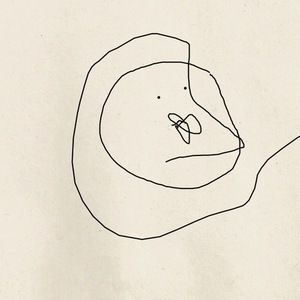A collection of science & technology news that I found interesting this month. Many of these relate to tech that’s covered in my stories, but some are here purely for inspiration.
Precision metrology closes in on dark matter
Optical clocks are so accurate that it would take an estimated 20 billion years-longer than the age of the universe-to lose or gain a second. Now, researchers in the U.S.
Tiny Robots Walk Through Colon to Deliver Drugs, Sample Tissue
Delivering drugs to internal organs and tissues is usually achieved through ingested medications, but these are often diluted and intercepted before enough can reach the intended destination. Targeted delivery is preferred but usually very difficult to accomplish, particularly when there's a lot of fluids and movement.
Body Sensors Printed Directly on Skin at Room Temperature
Biomedical sensors typically perform their best when they're placed in close proximity to the body. While wearables, such as wrist-worn heart rate monitors, are common these days, they are very limited by where they can be placed on the body, have poor signal quality, and are often uncomfortable to wear for extended periods.
Quantum entanglement realized between distant large objects
A team of researchers at the Niels Bohr Institute, University of Copenhagen, have succeeded in entangling two very different quantum objects. The result has several potential applications in ultra-precise sensing and quantum communication and is now published in Nature Physics.
Einstein's description of gravity just got much harder to beat
Einstein's theory of general relativity-the idea that gravity is matter warping spacetime-has withstood over 100 years of scrutiny and testing, including the newest test from the Event Horizon Telescope collaboration, published today in the latest issue of Physical Review Letters.
Young physicist 'squares the numbers' on time travel
Paradox-free time travel is theoretically possible, according to the mathematical modeling of a prodigious University of Queensland undergraduate student. Fourth-year Bachelor of Advanced Science (Honours) student Germain Tobar has been investigating the possibility of time travel, under the supervision of UQ physicist Dr. Fabio Costa.
Astronomers discover an Earth-sized 'pi planet' with a 3.14-day orbit
In a delightful alignment of astronomy and mathematics, scientists at MIT and elsewhere have discovered a "pi Earth"-an Earth-sized planet that zips around its star every 3.14 days, in an orbit reminiscent of the universal mathematics constant. The researchers discovered signals of the planet in data taken in 2017 by the NASA Kepler Space Telescope's K2 mission.
Jet Suit Paramedic Reaches Stricken Hikers in Seconds
Arriving as quickly as possible to the site of a medical emergency is a critical goal for any paramedic. It may be easy enough in urban and even rural areas, but when someone is stuck high up a mountain there are often no expedient options.

